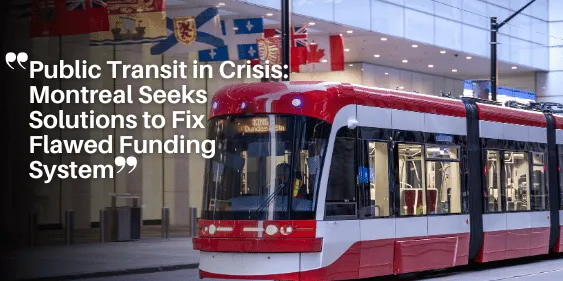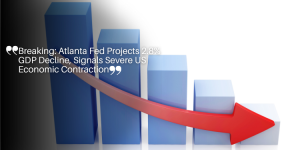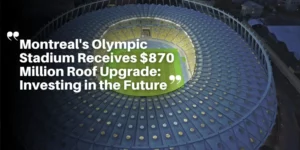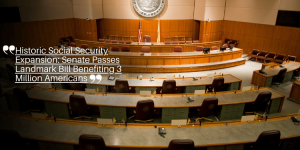Public Transit in Crisis: Montreal Seeks Solutions to Fix Flawed Funding System

Montreal’s public transit faces mounting financial challenges as transit agencies anticipate increasing deficits in the coming years.
Despite the essential nature of public transportation, funding these services has become increasingly difficult, prompting city officials to seek viable solutions.
Current Financial Projections
Documents from the city of Montreal project a significant deficit for transit agencies in the greater Montreal region.
By 2025, the deficit is estimated to reach approximately $560 million, with expectations that it could rise to nearly $700 million by 2028.
These projections underscore the urgent need for sustainable funding solutions to maintain crucial bus and Metro services.
Political Negotiations and Funding Shortfalls
Recent months have seen public negotiations between Montreal’s mayors and Quebec’s transport minister regarding potential service cuts.
Both sides have emphasized the need for increased financial support to address the growing deficits effectively.
Despite a government offer of $200 million to cities, local officials argue that this amount falls short of the necessary funding.
Proposals from Montreal’s Finance and Administration Commission
The city of Montreal’s finance and administration commission, comprising 12 elected officials including Pierre Lessard-Blais, president of the commission and borough mayor for Mercier–Hochelaga-Maisonneuve, has presented a series of proposals aimed at ensuring the sustainability of public transit funding.
Here are some key recommendations:
Increasing Tax Revenue
The commission advocates for maximizing tax revenues to bolster public transit funding.
It suggests reinstating the province’s carbon market revenues allocated to public transit from 66 percent to its original percentage, aiming to enhance financial resources available for transit operations.
Additionally, the commission proposes indexing fuel taxes and vehicle registration fees annually to the cost of living, with adjustments based on vehicle types.
Expanding Parking Lot Taxes
Currently, Montreal imposes taxes on non-residential parking lots, primarily targeting downtown and larger outdoor lots.
The commission proposes expanding this tax to include a broader range of outdoor properties throughout the city.
This initiative aims to generate additional revenue streams to support public transit infrastructure.
Delaying Electric Bus Rollout
Aligned with Quebec’s green economy plan, which aims for 55 percent of urban buses to be electric by 2030, the commission recommends postponing this timeline.
By deferring the electrification of the bus fleet, funds allocated for electric bus initiatives could instead be redirected to maintain current transit services.
Moreover, the commission encourages transit agencies like the STM to launch marketing campaigns to incentivize ridership and increase public transit usage.
Exploring Kilometre Tax Options
Collaborative Efforts and Future Steps
The commission urges collaboration between the CMM, Quebec government, and federal authorities to explore diverse funding options for public transit.
These discussions are crucial in identifying sustainable financial strategies to address Montreal’s transit funding challenges effectively.
By pooling resources and expertise, stakeholders can develop comprehensive plans that ensure the longevity and reliability of public transportation services across the greater Montreal region.
Moreover, the commission emphasizes the importance of public engagement throughout this process.
Community input and feedback will play a vital role in shaping proposed funding initiatives and ensuring they align with the needs and priorities of Montreal residents.
This inclusive approach aims to foster transparency and accountability in decision-making regarding public transit funding.
Looking ahead, the commission plans to present its comprehensive report at the upcoming city council and agglomeration council meetings scheduled for August.
By actively seeking endorsement and support from key decision-makers, the commission aims to secure the necessary political and financial backing to implement these critical recommendations swiftly.
In conclusion, Montreal faces pressing issues in funding its public transit amidst increasing deficits and ongoing negotiations.
The proposed measures by the finance and administration commission represent proactive steps towards ensuring the sustainability and accessibility of public transportation services in the city.
As discussions progress and strategies are implemented, stakeholders remain hopeful for a viable solution that supports Montreal’s transit infrastructure and meets the needs of its residents effectively.
The collective efforts of all involved parties will be pivotal in achieving long-term success and resilience in Montreal’s transit system.






